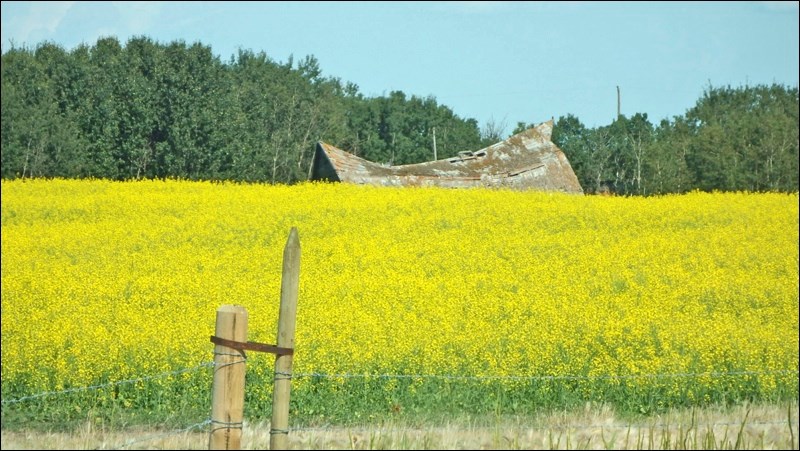Estevan Mayor Roy Ludwig hopes a proposed renewable diesel refinery in the area helps his city secure long-term jobs.
Two coal-fired units at SaskPower’s boundary dam are to close down this year and in 2024. “We can’t turn the clock back on that. Of course we’re looking at how do we transition for jobs in our area to keep the economic development moving forward?” he said.
To that end, Estevan is working with Covenant Energy CEO Josh Gustafson on his company’s pitch for a large renewable diesel refinery in the area.
Thanks to a provincial funding pot of $8 million over three years, the city and nearby communities have provided Covenant with $200,000 to do a feasibility study for the refinery.
Gustafson projects the refinery would process 6,500 barrels of renewable diesel per day. He said renewable diesel is different from biodiesel.
Both use oil from crushed canola seeds, but renewable diesel refines the oil in a process resembling what’s done with fossil-based crude. It means there’s little oxygen left in renewable canola-based diesel, which allows it to be used in sub-zero temperatures.
The refining process uses hydrogen and a catalyst, Gustafson said.
By using canola oil as a starting point, there’s “no ash or metals” left in a vehicle’s engine when it burns the refined product, he said.
Based on Covenant’s initial research, the company said in a media release the facility will yield “greenhouse gas emission reductions in the range of 80 to 85 per cent when compared to fossil fuel diesel.” It’s also to use recycled hydrogen in the refining process.
The renewable diesel would be sold to fuel distributors like Husky or Shell or Co-op, who would blend it into their diesel products sold to consumers.
The projected start year is 2023, though Gustafson doesn’t yet have a firm month or specific location nailed down. He hopes it will be in southeast Saskatchewan in the Estevan area.
Covenant suggests the facility’s operation will create a maximum 60 permanent jobs.
Ludwig said Estevan’s goal is to “create well-paying jobs in our community to make up for some of the potential job losses we see coming down the pike.”
Gustafson is also predicting a boost to the province’s agricultural sector, concluding based on his research the facility will create annual demand for 35 million bushels of canola seed.
Covenant Energy is based in Macoun, about 25 kilometres northwest of Estevan.



